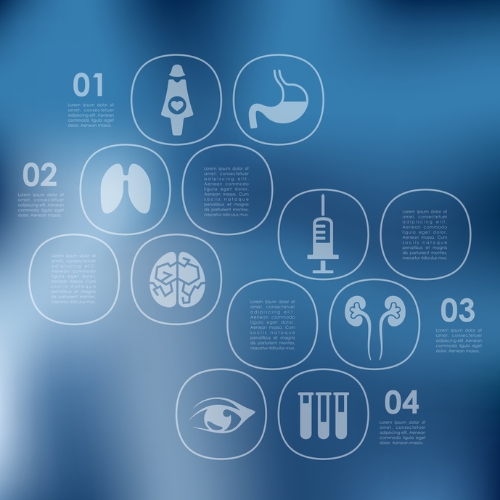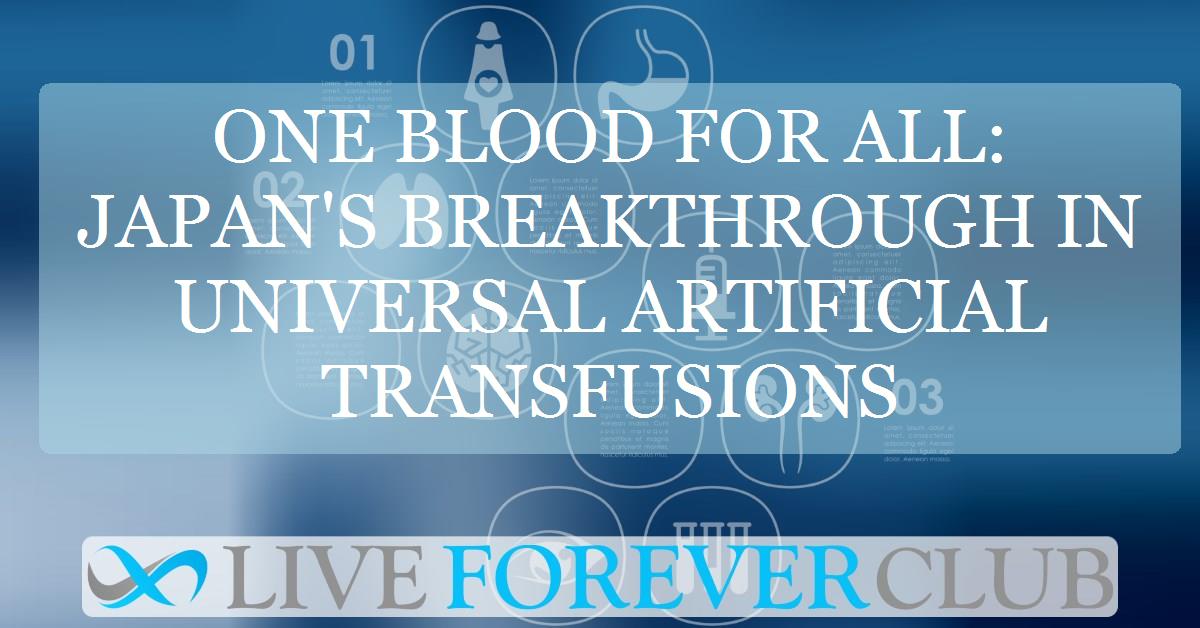Key points from article :
Researchers in Japan have begun early clinical trials of a universal artificial blood that could revolutionize emergency medicine and address global blood shortages. Developed by Professor Hiromi Sakai’s lab at Nara Medical University, this artificial blood is designed to work for all blood types and can be stored for up to two years—far longer than natural blood. In March 2025, 16 healthy volunteers received small transfusions as part of a safety trial, with further stages planned if no serious side effects are observed.
The artificial blood, made from haemoglobin extracted from expired donor blood and encapsulated in lipid vesicles, mimics the oxygen-carrying function of red blood cells. Known as haemoglobin vesicles, these particles are virus-free and lack blood type markers, making them universally compatible. This technology could help overcome major limitations of conventional transfusions, including infection risk, immune reactions, short shelf life, and the need for precise blood-type matching.
The World Health Organization highlights that access to safe blood is deeply unequal—40% of donations come from high-income nations, even though they represent only 16% of the global population. Universal artificial blood could be a game-changer in low-resource settings where transfusion access is limited, potentially saving millions of lives during childbirth, surgery, and trauma care.
Experts, including Professor Ash Toye of the University of Bristol, are cautiously optimistic. While the innovation is promising, challenges remain—especially regarding scale and safety, since the artificial blood is still made from donor-derived hemoglobin. Future versions may use lab-grown or recombinant hemoglobin instead. If successful, Japan’s effort could bring universal artificial blood into hospitals worldwide by 2030, transforming transfusion medicine as we know it.





